
August 12, 2025
Spray paint is a type of paint that can be a versatile tool for a wide range of projects including interior and exterior residential, automotive, and commercial paint jobs. However, it can be a nuisance when it ends up in unwanted places. Accidental overspray removal can seem like a daunting task, but with the right techniques and tools, you can effectively remove spray paint and restore the original appearance of the affected surfaces.
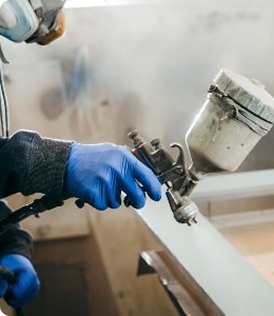
Before starting the removal process, it’s important to identify the type of surface you’re dealing with and what materials you may need for each type of surface.
First and foremost, gather any personal protective wear you may need, including gloves, masks, goggles, and coveralls. Regardless of your surface type, protective wear should be worn for these types of projects.
In addition to PPE, we recommend using surface protectors to prevent additional damage and to ensure a quick cleanup. Solvents, paint strippers, putty knives and cleaning rags are also going to be necessary to remove stubborn paint.
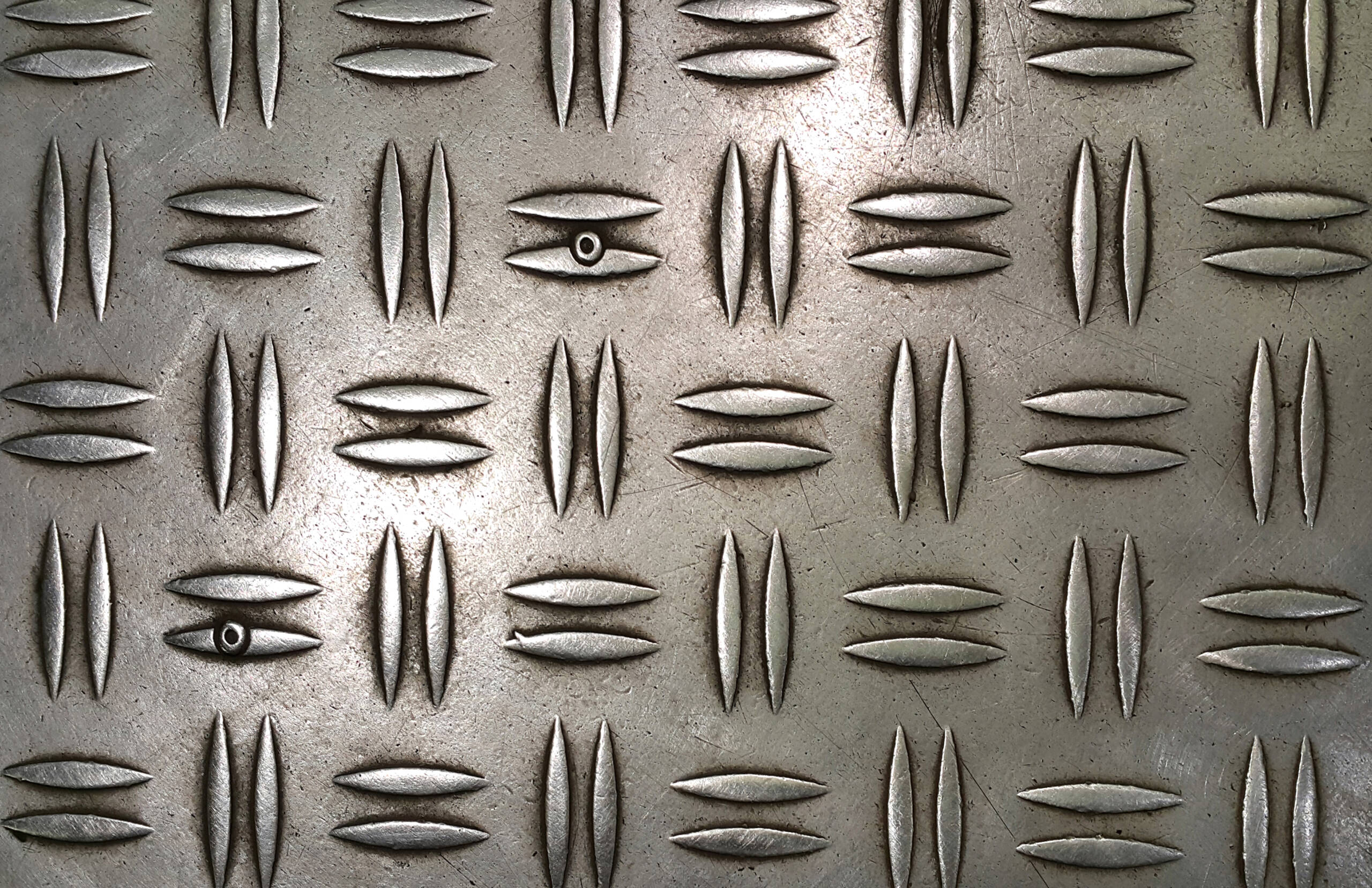
First, attempt to scrape any excess paint off with a putty knife or scraper. Apply a paint stripper or solvent according to the manufacturer’s instructions. Allow the product to penetrate the paint, then scrub the surface using a brush or abrasive pad. Lastly, rinse the area with water, and repeat the process if needed. Ensure all residue is removed and wipe down with a wet rag.
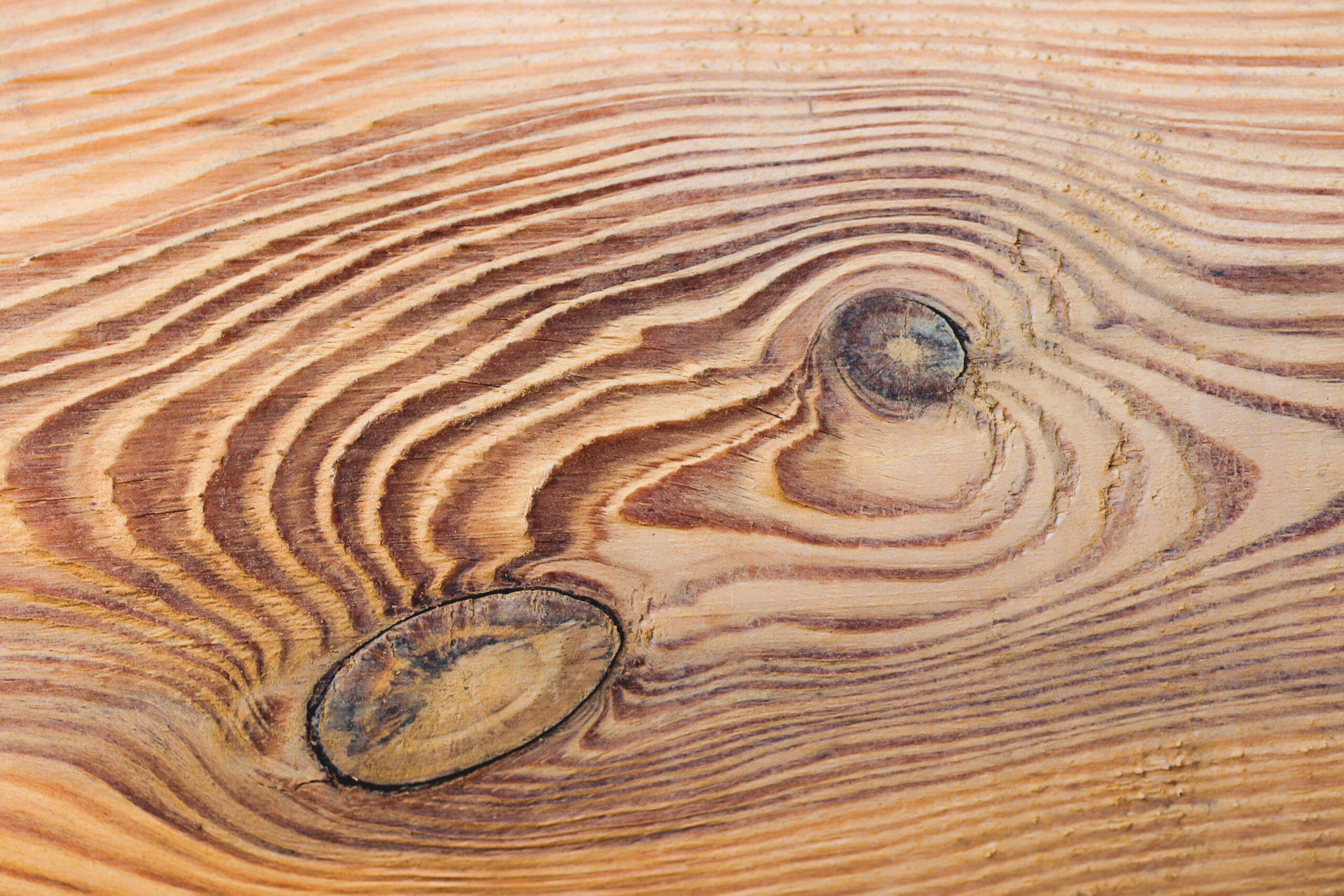
Because wood is a delicate surface, we recommend not scraping the surface with a knife to avoid damage. Apply a chemical paint remover suitable for wood surfaces, allow the remover to seep into the surface. For unfinished wood surfaces sand the paint off. For finished wood surfaces, we recommend using a microfiber rag or soft brush to avoid damage.
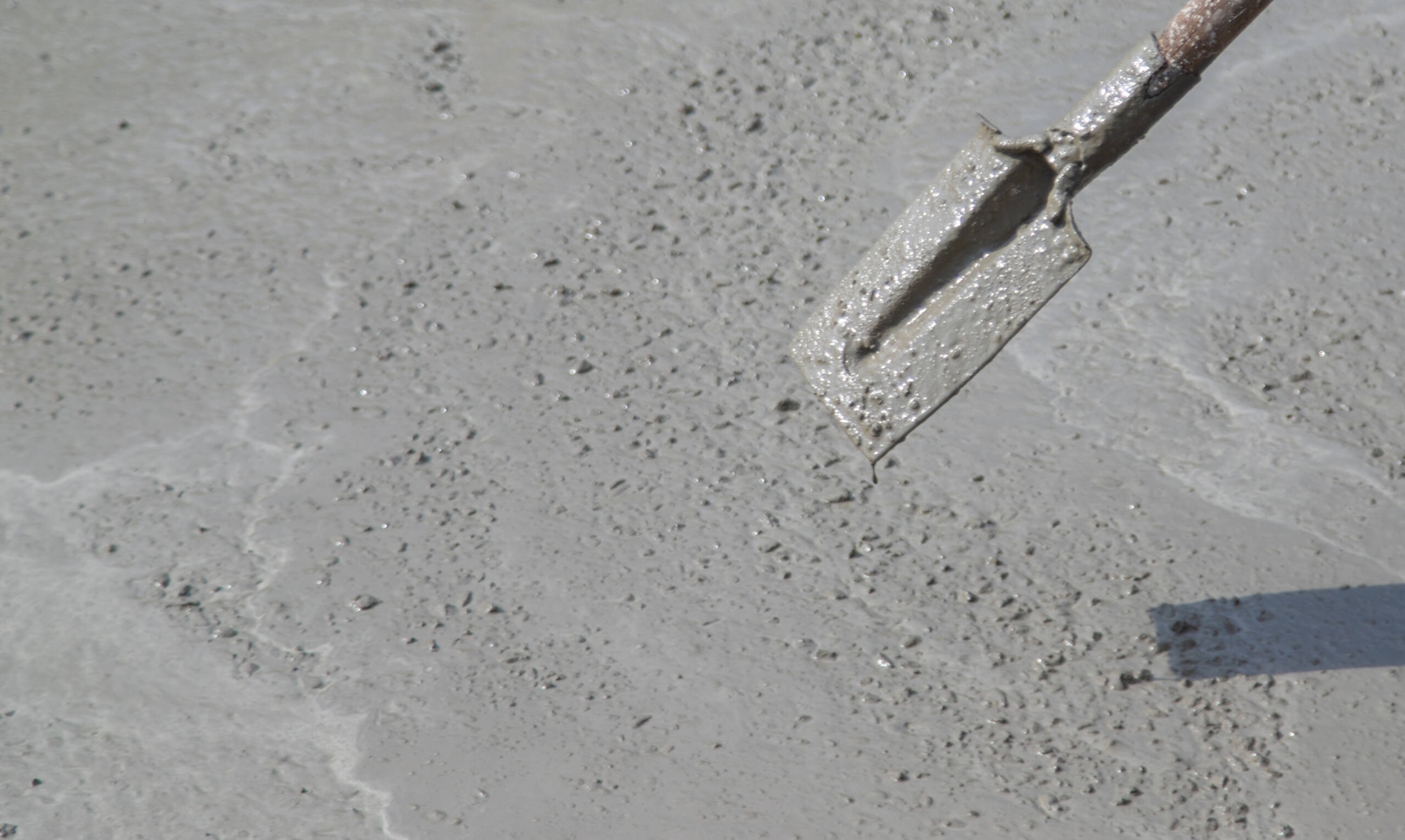
Concrete surfaces can be power washed to remove any excess spray paint. Next, apply a chemical paint stripper and scrub the surface with a stiff brush or broom to remove any remaining paint.
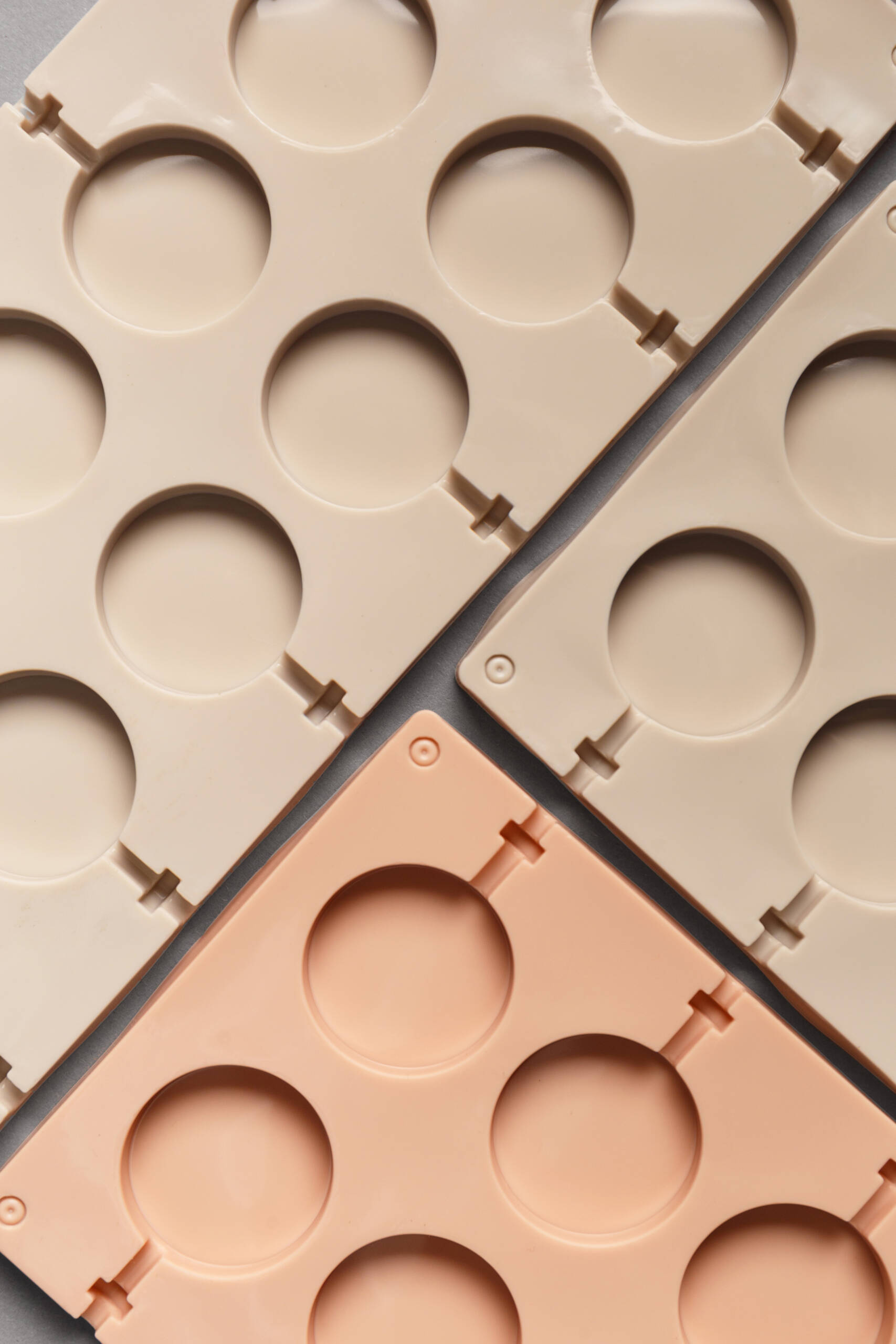
No need for paint strippers or solvents for plastic, rubbing alcohol and even non-acetone nail polish remover will remove spray paint. For stubborn spots, create a paste using baking soda and water, and gently scrub with a soft cloth or sponge. Rinse the surface with water and repeat the process as needed.

Similar to plastic, spray paint can be removed with a simple household cleaning item. Glass cleaners or a vinegar-water solution can be used on most glass surfaces. After applying, scrub with a non-abrasive pad to scrub the spray paint away. Polish the glass surface with a glass cleaner for a streak-free finish.
Avoid the mess and hassle of removing spray paint from a painted area completely with the proper surface protection products and applications.
Before spray painting, clear the area of any valuable items, cover nearby surfaces, and remove objects that you don’t want to get accidentally painted. Use drop cloths, plastic sheeting, and heavy-duty surface protectors to protect the floor or surrounding surfaces from overspray
For precise and clean paint lines, masking and taping are crucial. Use painter’s tape to cover edges, borders, or areas you want to keep paint-free. Make sure the tape adheres firmly to create a barrier that prevents paint overspray from seeping underneath.
When working on smaller items or projects, it can be helpful to create a spray paint booth to contain overspray. It’s important to work in a well-ventilated area and wear rubber gloves and a respiratory mask.
The best method depends on the surface. Use paint strippers for metal and wood (with care), rubbing alcohol for plastic, glass cleaner for windows, and power washing plus chemical strippers for concrete.
Yes, always wear personal protective equipment like gloves, goggles, and masks to protect yourself from fumes and chemicals during the removal process.
Use surface protection like drop cloths, plastic sheeting, and masking tape. For small projects, create a spray booth to contain overspray and keep surrounding areas clean.
Typically, it takes about an hour for spray paint to become dry to the touch. It’s recommended to wait at least 2 hours before applying a second coat. Because it dries so quickly, we recommend acting quickly if spray paint does get on an unwanted surface.
We get it, spray paint can be messy and in addition to it getting on un-wanted surfaces, it can also get on you. To remove from skin, gently wash with warm water and soap. If the soap doesn’t cut it, opt for an oil-based products (such as oil or baby oil) or a non-acetone nail polish remover.
Removing spray paint from any surface may seem challenging, but with the right materials and techniques, your surfaces can be restored. If using chemicals, we recommend testing any products in a small area, working in a well-ventilated space, and wearing appropriate protective gear throughout the process. To prevent overspray, explore Trimaco’s full line of surface protection and masking products.
Get Social
2 months ago
Video
Share on Facebook Share on Twitter Share on Linked In Share by Email
2 months ago
Video
Share on Facebook Share on Twitter Share on Linked In Share by Email
2 months ago
Photo
Share on Facebook Share on Twitter Share on Linked In Share by Email
2 months ago
Video
Share on Facebook Share on Twitter Share on Linked In Share by Email
2 months ago
Video
Share on Facebook Share on Twitter Share on Linked In Share by Email
Cling Cover is premium plastic sheeting clings to almost any surface, attracting overspray and keeping your workspace clean, bright, and protected.
2#trimaco #totaljobsiteprotection #savetimesavemoney #work #paint #painting #construction #constructionproducts #build #buildzoom
Prepping for renovation with Easy Mask Tape & Drape 🚨🚨
@refreshhomeimprovements
#trimaco #totaljobsiteprotection #savetimesavemoney #work #paint #painting #construction #constructionproducts #build #buildzoom #building #homebuild
Refresh your kitchen on a budget with an easy DIY backsplash ✨
4Check out our latest blog for a step by step guide: https://trimaco.com/blog/how-to-diy-a-kitchen-backsplash/
#trimaco #totaljobsiteprotection #savetimesavemoney #work #paint #painting #construction #constructionproducts #build #buildzoom
Highly absorbent and reusable, Trimaco’s Wonder Rag is your go-to for a spotless finish
2#trimaco #totaljobsiteprotection #savetimesavemoney #work #paint #painting #construction #constructionproducts #build #buildzoom #building #homebuild